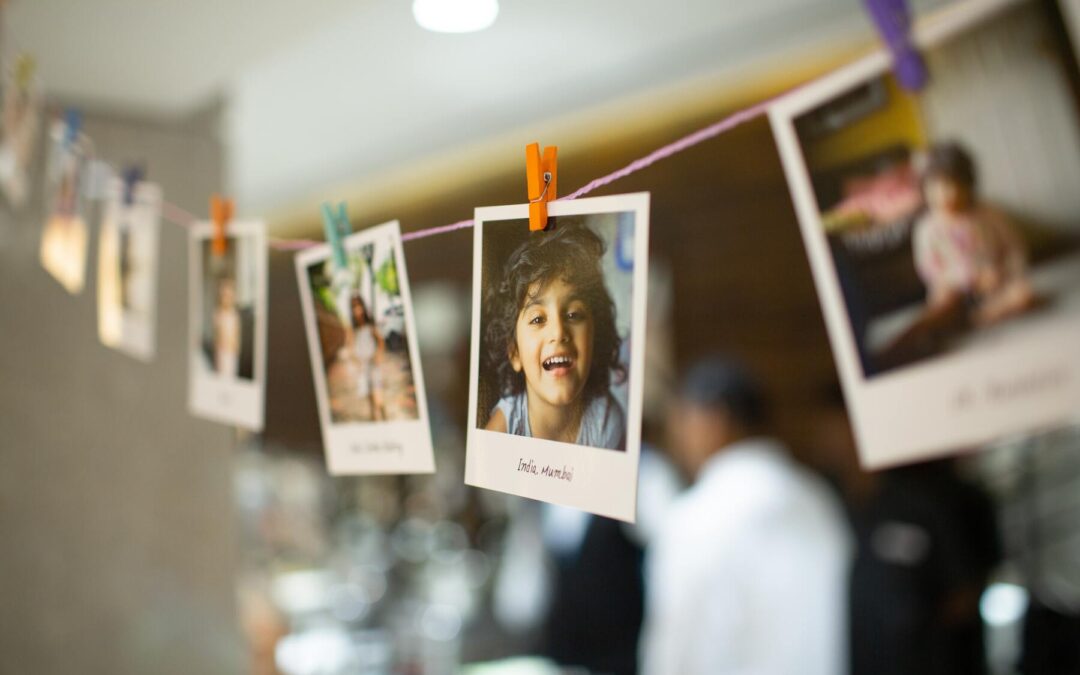HOW MEMORIES IMPACT OUR GROUP BEHAVIOUR DYNAMICS?
Memories represent incidents, events, episodes or situations that had happened in the past. These memories get stored in our conscious & subconscious minds. They can be in our instant past or as distant as our childhood. Memories that got stored in us during our growing up years or childhood hold significant importance in our behaviours and in the way we make decisions or shape our lives. They form a compass or an unknown trajectory of behavioural indicators that we follow naturally even sometimes without any clear logic or rationale.
Positive memories create a positive dimension in us of those aspects whereas negative memories create a negative subconscious memory in us. Were you encouraged, incentivized or discouraged, or disincentivized in social and/or group settings?
As we discussed in our last Article, various situations occurred in our life that impacts and goes a long way in defining our life trajectory. Comments by an uncle or neighbours or sneer by an unknown person or laughing remarks by a friend sometimes can find deeper places in our minds and lives long and sometimes last longer.
If it was a negative experience, a negative spiral starts of withdrawal, lesser efforts, attempts, or practice etc of developing social skills whereas if the experience recorded was positive, it would trigger a positive upward spiral leading to more and more exploring the dimensions and avenues in social/group dynamic skills. And the less we get exposed to this skill set, the fewer chances of reaping the positive benefits that lie beneath this empowering skill set.
I clearly remember one incident from my childhood that paved the way for me to become more confident and open to social scenarios early in my life. I was around 12 years old, sitting in my classroom at school. Few seniors came to my class on the teacher’s day. One of them asked me to sing a song. I got up, sung an old Hindi song. I had a thin feminine voice at that age. I must have sung 2-3 stanzas, and I could feel the engagement of seniors and mates alike. When I finished, I was applauded and appreciated. This boosted my confidence and this event passed like any other. But for me, the phobia of standing on stage was a non-issue. On the contrary, I would look forward to such an opportunity.
These experiences helped me be comfortable in any social or group setting. Suppose, that first time if I was mocked or laughed at, it’s a high possibility I would be afraid of being in the spotlight. So, you see how our memories play a great role in our confidence, self-esteem and fear of being judged or well-accepted?
Based on my personal experience I feel that we can overcome the negative memories that prevent us to achieve our real potential to make the best use of possibilities that exist in the social/group or public dimensions.
Two-Step Process to Improve on your negative past memories:
- WRITE DOWN: Write down situations or people or events that make you uncomfortable or sucks your energy and drag you to negative behaviours or inner conflicts. All you need to do is to write down and observe or re-read any group dynamic scenario where you have had difficulty expressing or you felt very uncomfortable. Writing down and reading your own negative experiences will whittle down its adverse impact on your personality and behaviours. Focus on or look for an incident from the past or an incident originating from your childhood that might be responsible for this behavioural outcome. Even an incident that you might feel could have been minor or irrelevant can cause you to have fears, anxiety, or discomfort in social dynamics. The more you unravel and contemplate on your past/childhood, the more you will realize that we tend to store many negative memories that are not conscious and which need to be resolved for us to move ahead and let go of the negative spiral that we are building.
- COUNSEL YOURSELF: Now it’s time to become your own counsellor. We all are counsellors to someone. It could be our own younger cousin, neighbours or friends. We have been advising, counselling and healing people wherever we use our faculty of positive intentions to help others. We bring our best when we advise or someone seeks our advice, don’t we?
So, once you have written down, you need to write your answer to advise as if someone had sought the advice on the identical problem that you have written. Trust me, folks, this is magical. When we become our own guide or advisor, more are the chances that we will find better answers.
Sometimes we may feel that the past is past and how will it help?
Think of yourself as a computer and imagine that all your old data is stored randomly, not resolved, un-organized, or deleted when required, after a point in time the computer might crash if not cleaned and monitored well. It is the same with us, humans, the viruses have to be identified and cleaned for us to function at our full potential.
For example, last year I was driving on a particular road and I did not realize I over speed and I got a challan and had to pay a fine. Now, this memory is so deeply etched in me that whenever I am on that road, I always check my speedometer as I recorded a memory where I was fined for speeding and this keeps me in check. That also shows that we can have positive or negative consequences as well even from a negative experience.
CONCLUSION:
The more you use this key to unlock experiences stored in your memories, it will open up so much that it needs to be put in order, and not just related to this one dynamic but you will see a lot will unravel for you which will help you discern better and evaluate every situation, people and things in a new light. I wish you a great discovery of your inner counsellor and guide to overcome all your negative emotional baggage and live a happy, joyful and meaningful life.

